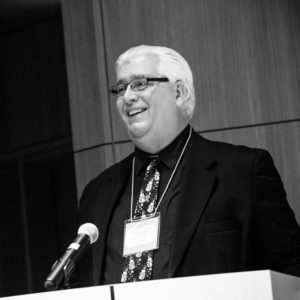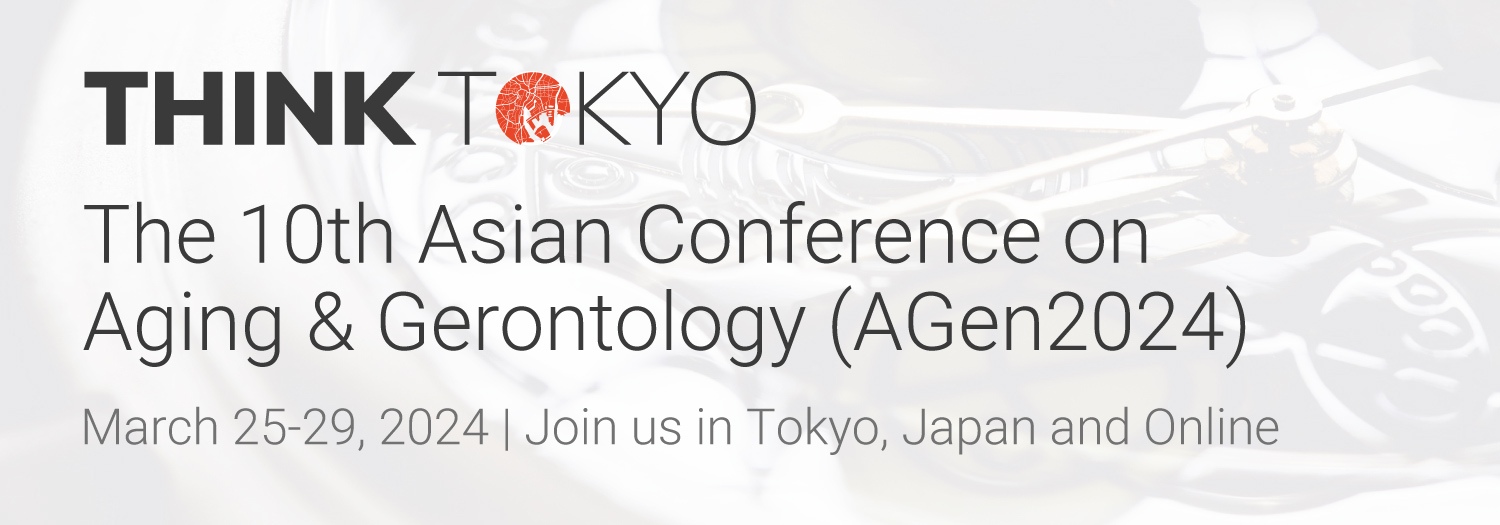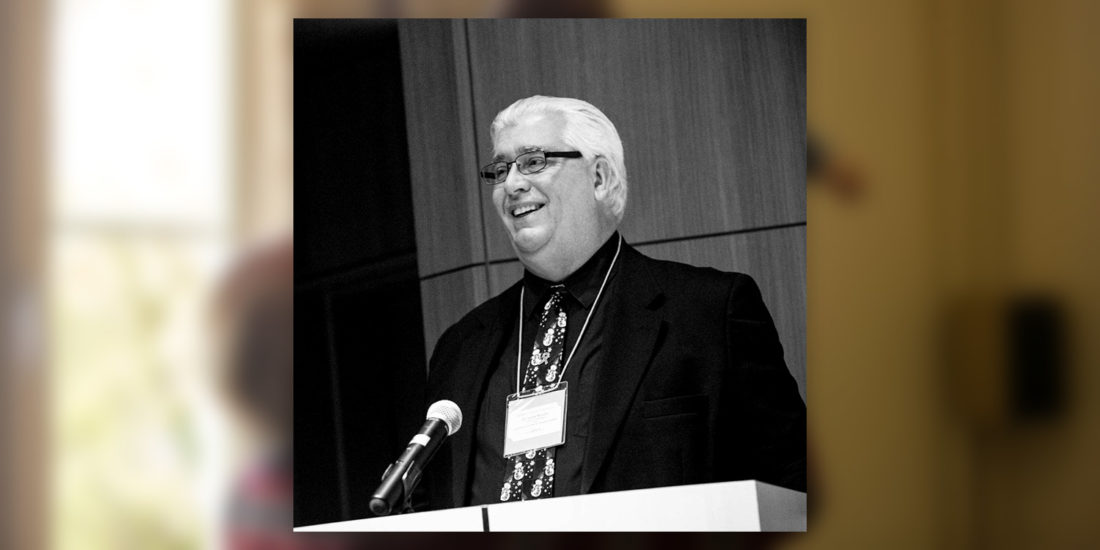James W. McNally of the University of Michigan & NACDA Program on Aging, United States, has joined The 8th Asian Conference on Aging & Gerontology (AGen2022) on the panel for “Missing You: Resilience, Renewal and Rebuilding Intergenerational Contact Within Families”.
Additional panelists that have been chosen to discuss this topic will be announced over the coming weeks. Follow the conference website and social media pages (Facebook / Twitter) for more information.
To participate in AGen2022 as an audience member, please register for the conference.
Speaker Biography
James W. McNally
University of Michigan & NACDA Program on Aging, United States

Dr James W. McNally is the Director of the NACDA Program on Aging, a data archive containing over 1,500 studies related to health and the aging lifecourse. He currently does methodological research on the improvement and enhancement of secondary research data and has been cited as an expert authority on data imputation. Dr McNally has directed the NACDA Program on Aging since 1998 and has seen the archive significantly increase its holdings with a growing collection of seminal studies on the aging lifecourse, health, retirement and international aspects of aging. He has spent much of his career addressing methodological issues with a specific focus on specialized application of incomplete or deficient data and the enhancement of secondary data for research applications. Dr McNally has also worked extensively on issues related to international aging and changing perspectives on the role of family support in the later stages of the aging lifecourse.
Abstract
Missing You: Resilience, Renewal and Rebuilding Intergenerational Contact Within Families
The year 2020 was a time of resilience, with widespread separation and the suspension of family contact and intergenerational support. Following this was a time of rebuilding and renewal as vaccines for the COVID-19 virus slowly became more available, and as a result, the re-emergence of intergenerational visits and the re-initiation of suspended contacts. As we enter 2022, we begin to create a “new normal” that will allow for the safe return of intergenerational support, visiting, and sharing. While many problems remain, concern for our elders is creating new ways to interact while reducing the risk of infection. Families are reuniting and finding ways to support and share experiences in a post-pandemic world. This plenary session will share the stories of three researchers and their experiences in attempting to maintain and re-establish physical and emotional contact with elders isolated by the COVID-19 pandemic. Their stories express the shared concern, fear, and hope that we all experienced when cut off from our families during the pandemic.

